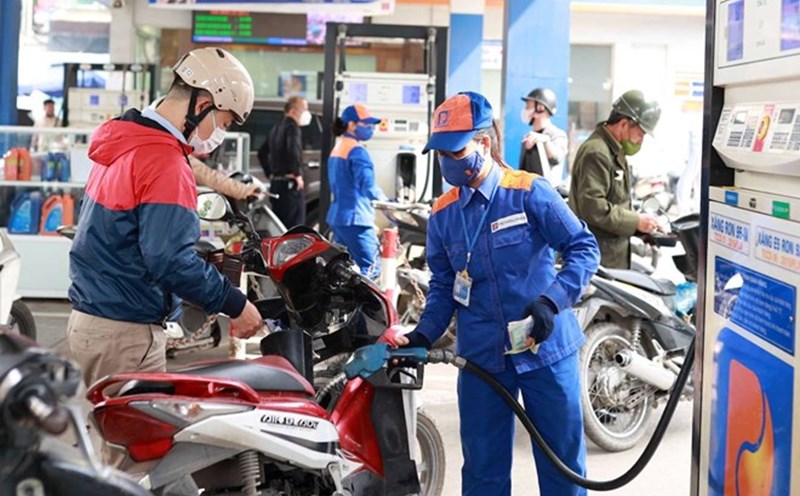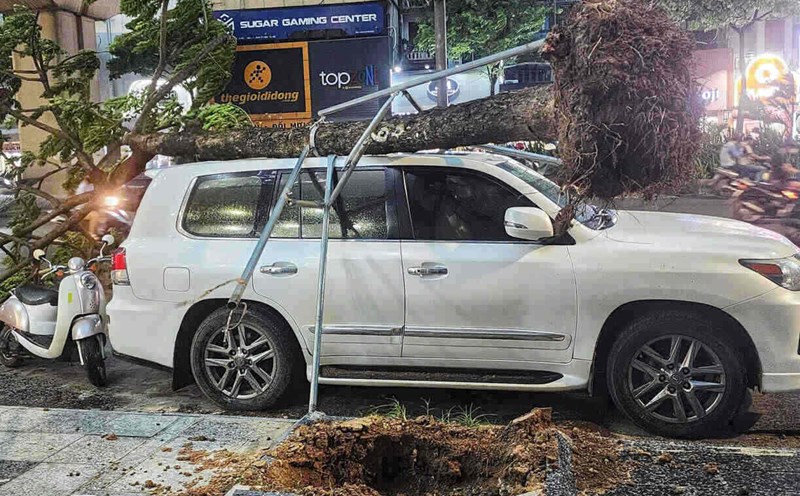Vietnam has committed to net zero emissions, so switching to using E10 biofuel is an important solution to achieve this. If all vehicles using gasoline switch to biofuel at the same time, emissions will be significantly reduced, the air will be less polluted, Hanoi and Ho Chi Minh City will no longer be among the most polluted cities in the world.
To produce E10 biofuel, businesses need to have policies to support investment in upgrading infrastructure, tanks, mixing facilities and taxes and fees. Infrastructure, machinery and equipment are guaranteed to be of good quality, new businesses can switch to producing a new type of high-quality biofuel, promptly meeting the requirements of using E10 gasoline nationwide from January 1, 2026.
In addition, the production of biofuel requires a large amount of Ethanol as an ingredient. According to experts, Vietnam needs 1.2 - 1.5 million cubic meters/year to produce biofuel, but the domestic Ethanol production capacity is only 40%. Therefore, there should be a policy to support and promote domestic Ethanol manufacturing enterprises, reduce imports to reduce product costs.
The production of goods must be consumable, not only to be a business to survive, but the goal of greening transportation through the use of biofuel must be successful. To consume fuel, we must propagate and mobilize people to convert, at the same time, the price must be suitable, not too far different from E5 gasoline. In addition to environmental protection, people need to have information to properly understand the positive impact of biofuel on the engine.
Petrolimex plans to pilot E10 gasoline trading at some affiliated stores in Ho Chi Minh City from August 1, 2025. However, many opinions say that it is necessary to pilot in many other localities such as Hanoi, Da Nang, Hai Phong, this is a necessary step to explore the market, preparing for implementation nationwide.











